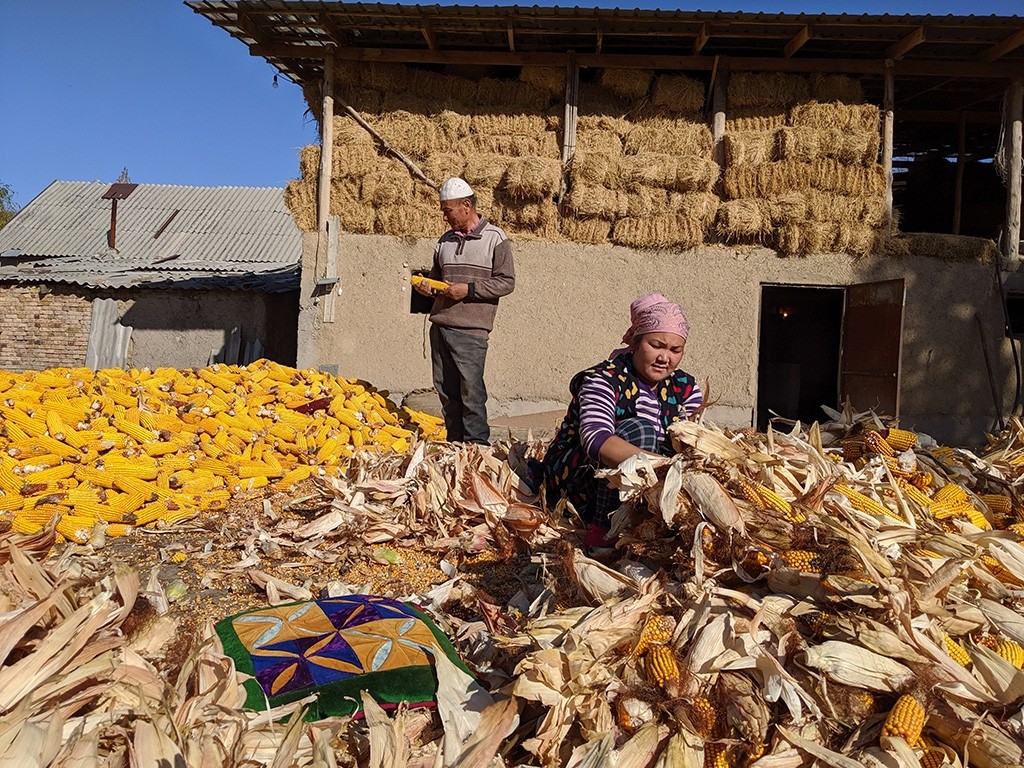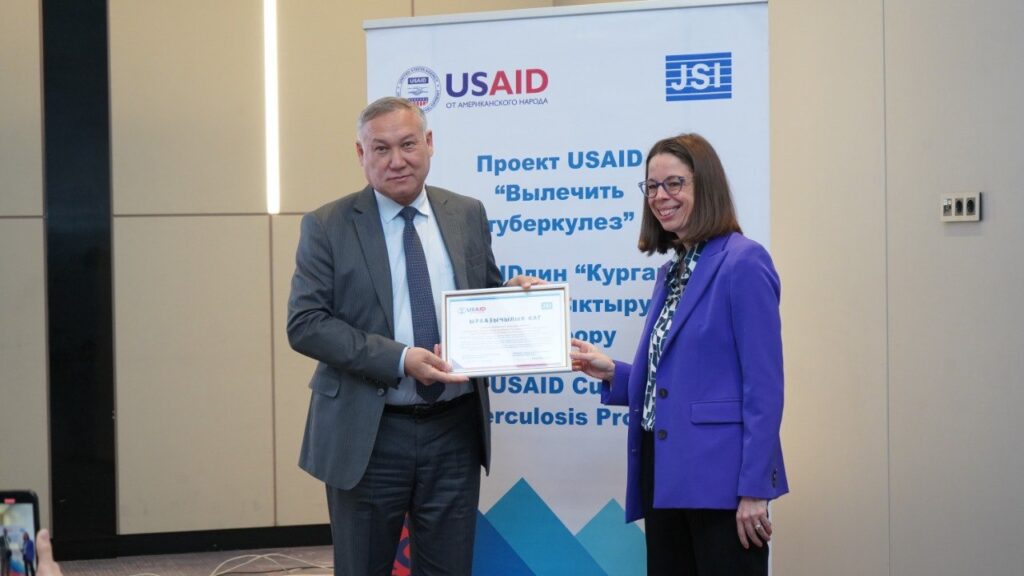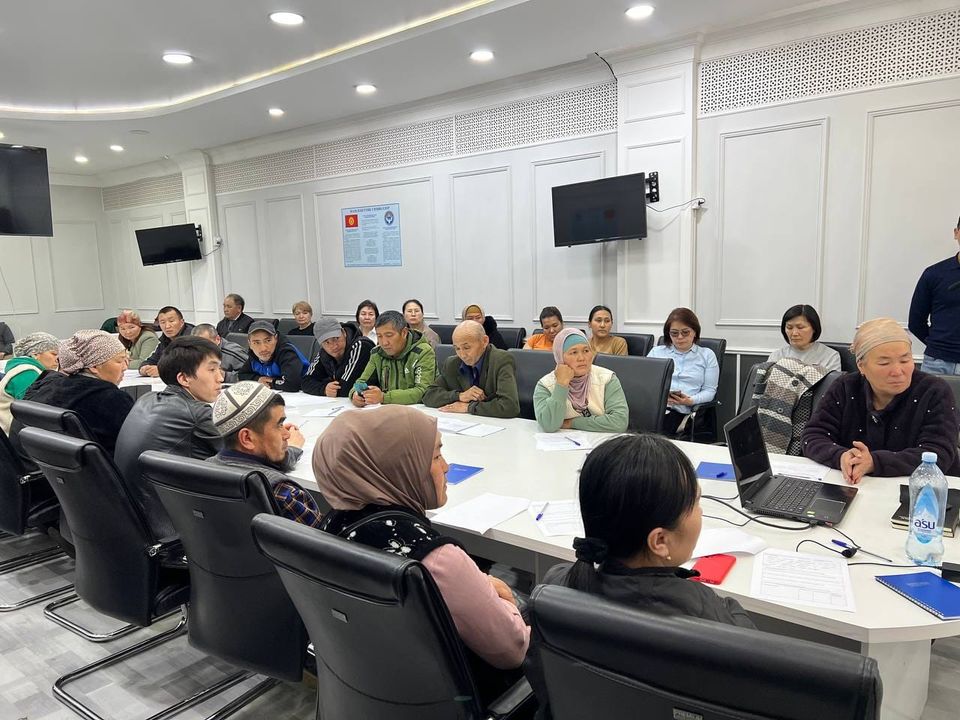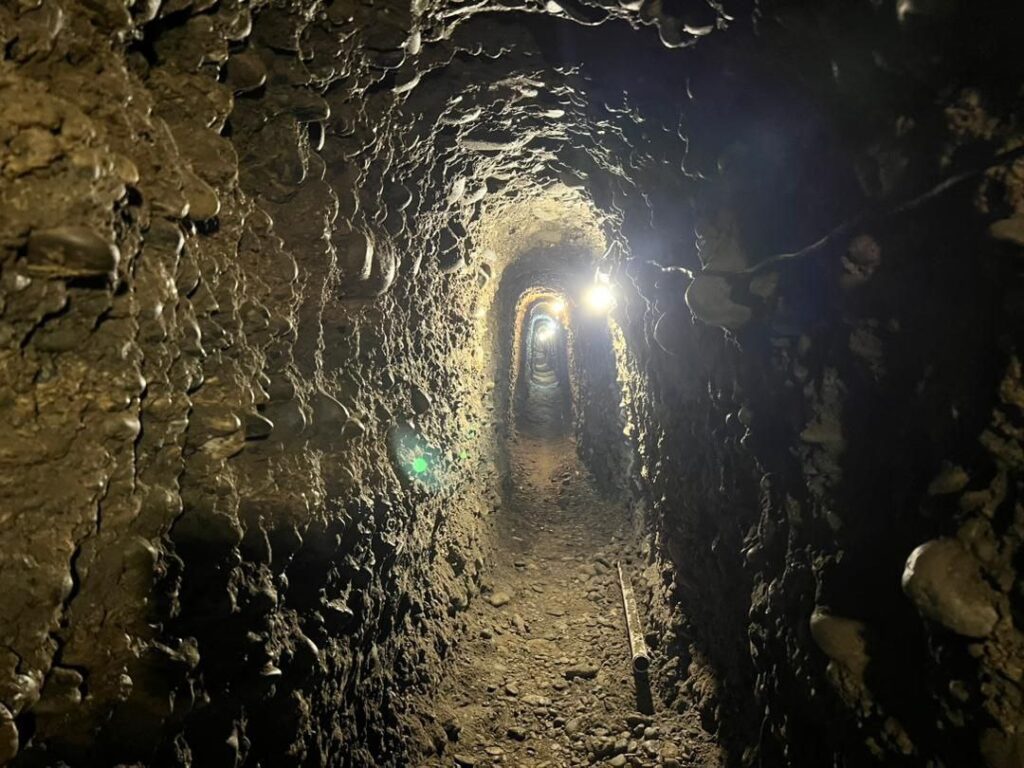USAID for Cold Storage Facility in South Kyrgyzstan
The U.S. Embassy in Bishkek has announced that equipment valued at over $78,000 has been provided by the U.S. to Kyrgyz company SFN International LLC to open a modern cold storage facility in Jalal-Abad in southern Kyrgyzstan. Ynakbek Abylkasymov, head of SFN International LLC, reported that the new facility’s 1,100 metric ton storage capacity, will enable the company to purchase more produce from farmers and offer cleaning, sorting, packing, and storage services. Referring to benefits afforded to 700 households in the rural south, through improvements of food security, he stated, “The facility will help farmers to reduce waste, improve agriculture quality, and boost income by around 150%. In addition, we plan to create 200 new jobs and help businesses export high-quality fresh produce and dried fruits.” The equipment was provided by the U.S. Agency for International Development (USAID) through its Agro Trade Activity and in tandem with other U.S.-supported cold storage facilities throughout Kyrgyzstan, will help reduce waste, extend the shelf- life of perishables, maintain market stability, and ensure a reliable and consistent supply of food throughout the year. Commenting on the success of projects to date, James Lykos, Director of USAID/Kyrgyzstan Economic Development Office, said, “Since 2018, the U.S. government has been partnering with Kyrgyz firms to establish over 20 new cold storage facilities in the Kyrgyz Republic’s southern regions. These facilities have a total storage capacity of 12,500 tons, more than doubling the storage capacity in the region, decreasing food spoilage by 40% and creating new income-generating activities for over 4,000 farmers.”






